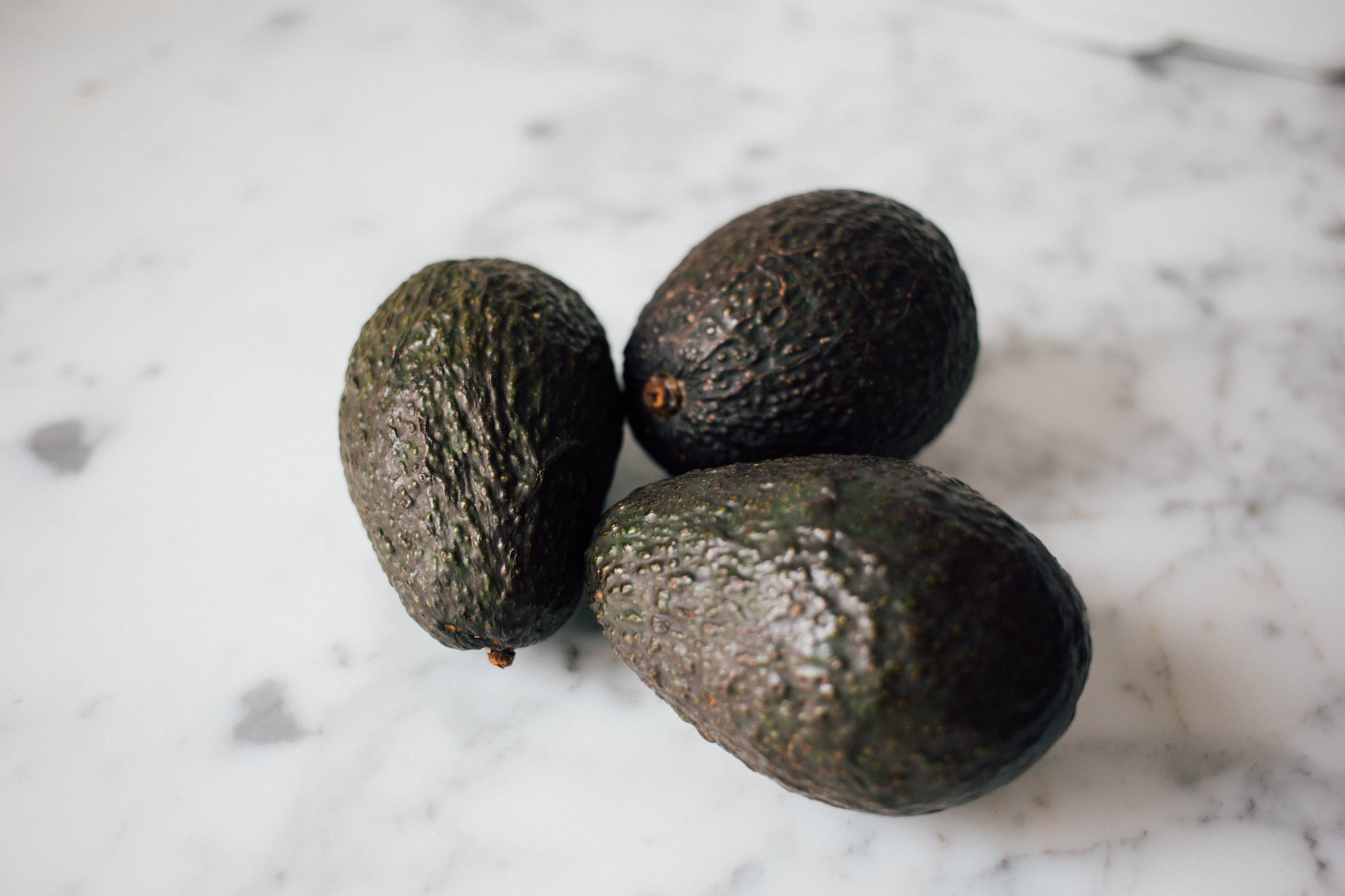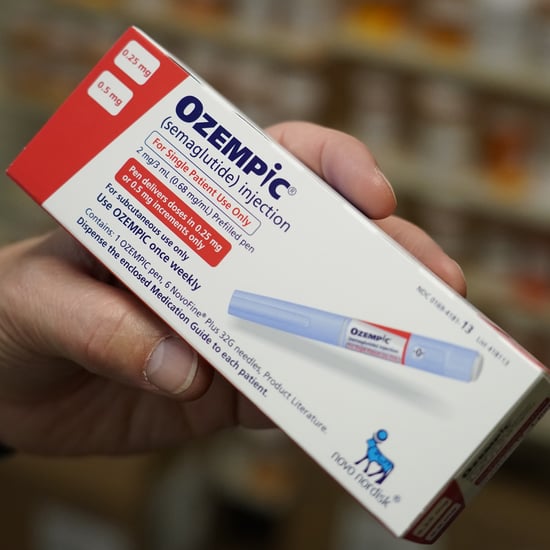Should I Take Ketone Supplements?
A Keto Expert Explains Why Ketone Supplements are Totally Unnecessary on the Keto Diet

The keto diet has exploded in popularity over the past few years. This diet, which is high in fat, moderate in protein, and extremely low in carbs (typically 50 grams or fewer a day), has helped countless people lose weight and transform their lives.
How the keto diet works is by putting your body into a state of ketosis, where it starts burning fat instead of carbs (or glycogen) for fuel. As your body depletes its glycogen stores, it will instead turn to fat; as your body burns fat, the liver produces ketones to use as energy. This releases ketones into your bloodstream, thereby having your body enter a state of ketosis. You can test your level of ketones with urine strips or a clinical blood test.
However, there are now ketone supplements on the market that promise to raise your levels of ketones and put your body into ketosis. And while they'll certainly raise the level of ketones in the blood, these supplements won't necessarily put your body into the fat-burning state of ketosis.
"In order to reap the benefits of ketosis, a person will need to cut carbs low enough to switch the body from using carbs to using fat," Catherine Metzgar, PhD, RD, and a member of the clinical team at Virta Health, told POPSUGAR. "You may have seen or read about taking supplements to increase ketones. While these supplements will raise blood ketone levels, it does not mean that your body has made the switch from burning carbs to fat like it does in nutritional ketosis."
To achieve nutritional ketosis, which is the best way to get your body into ketosis, you need to up your fat intake, usually 70-80 percent of your macronutrients, and decrease your carbs to fewer than 50 grams per day. However, everyone is different, and each person may need to determine their own threshold for carbohydrates: it could be above or below 50 grams.
And increasing your fat intake doesn't mean you need to start taking shots of olive oil or eating sticks of butter; Dr. Metzgar said her patients make slight modifications to increase their fat intake. You can add half an avocado to your breakfast, snack on nuts, or switch to whole-fat dairy.
While there may be other benefits to taking ketone supplements, such as athletic performance and cognitive function, much of this research is still up in the air, according to a blog post written by Stephen Phinney, MD, PhD, Chief Medical Officer and cofounder of Virta Health.
Bottom line: cutting carbs and upping fat intake — not ketone supplements — will get your body into the fat-burning state of ketosis.




